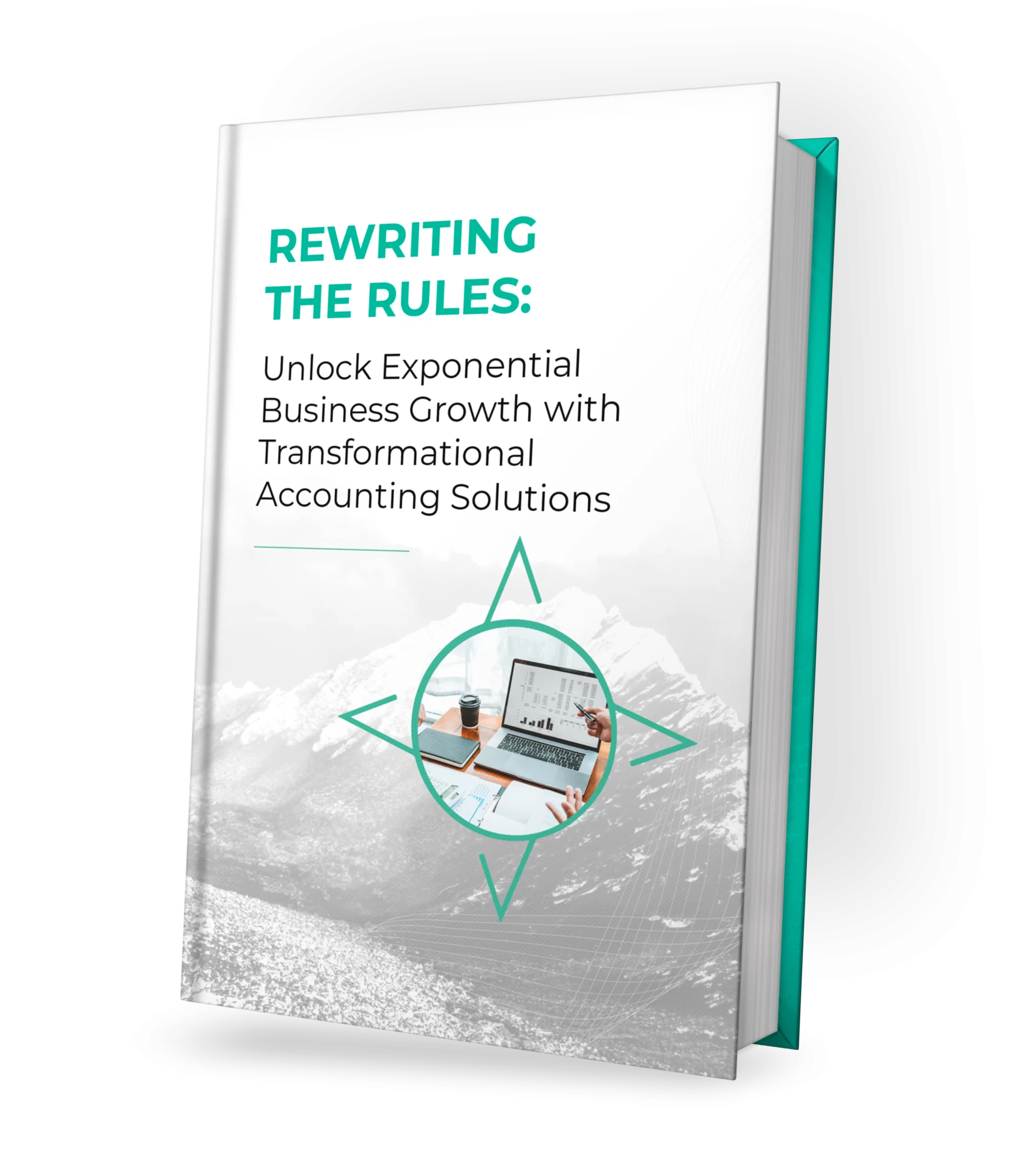Building Your Accounting Policies – It’s Never Too Early
Starting a business means building a number of things from the ground up: the product/service, the brand, the staff, and the strategy to name just a few. With so much to do, it’s natural (even necessary) to focus on the highest priorities and leave the rest for later. And while it might seem like developing accounting policies can wait until revenues ramp up, that’s a common mistake that has sunk or sidetracked countless young businesses.
Benefits of Early Accounting Policies
Good accounting policies dictate how to handle every facet of money management: where to record different transaction types; when to capitalize vs expense; how to approach prepaid and amortization; what to do with deferred revenue at various thresholds. Establishing and following these policies as early in the business as possible comes with important advantages:
- Standardization – Following accounting policies means everyone handles transactions the same way (and the right way), especially in the early days of the business when things can be chaotic but fiscal discipline really matters.
- Context – Policies indicate how financials are being organized, which is an important context for understanding what the numbers indicate. Early adherence to policies leads to better data – both for internal decision making and for outside investors.
- History – When the earliest financial statements follow the same accounting policies as later statements it creates a continuous record that will be easier for anyone to follow, whether accountants, auditors, or potential partners.
Hazards of Late Accounting Policies
Waiting too long to establish comprehensive accounting policies puts the whole business at risk. Some of the hazards include:
- Inefficient – Accounting conducted without policies for guidance can be inefficient, and this data may take a lengthy process to review and reorganize to bring it in line with policies created later.
- Inconsistent – When two accountants handle financial data in different ways it leads to inconsistencies that cause confusion at best. They also raise the possibility of non-compliance with GAAP, and could lead to misunderstandings and misinterpretations caused by accounting mistakes.
- Ineffective – Lenders, investors, and many others rely on financial statements to feel confident about a company. If those statements aren’t available or trustworthy, it only deprives a startup of resources it needs to grow…or just survive.
A Shortcut to Strong Accounting Policies
Creating thorough, thoughtful accounting policies doesn’t come easily. And with so much else to occupy a team getting up and running, there may not be time, energy, or expertise available to develop policies. It’s a catch 22: waiting on policies creates risk, but starting early creates distraction.
Install comprehensive accounting policies from day one with the help of an outside advisor. They offer a shortcut for promising businesses to get their accounting on track for unfettered growth. Contact Proseer to get started.

